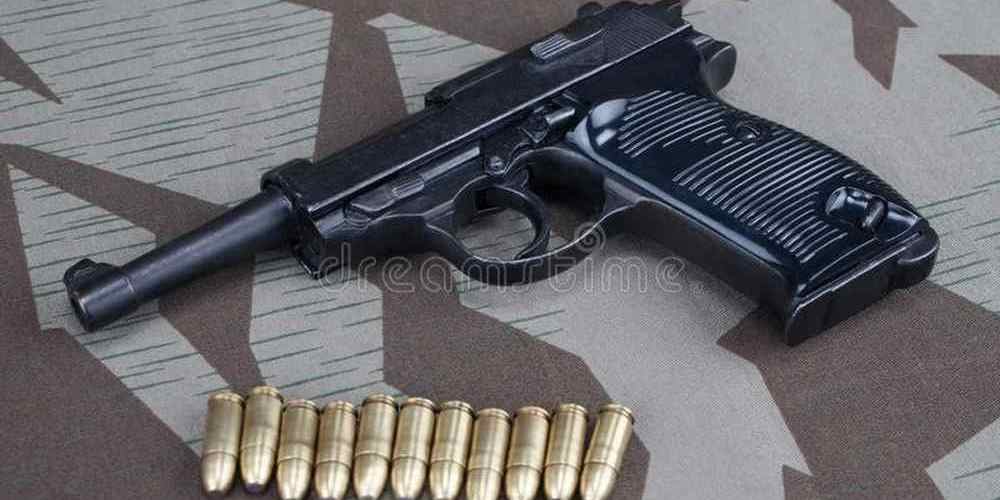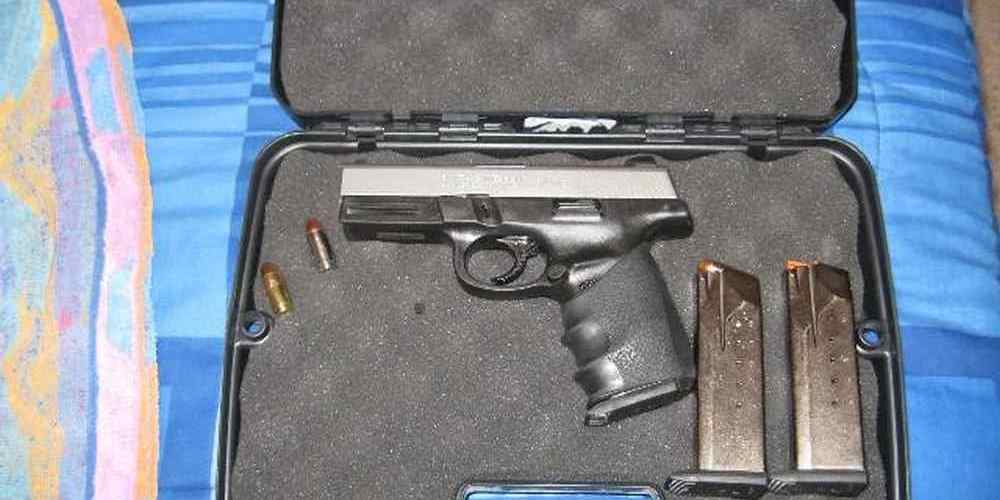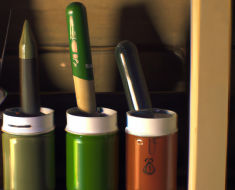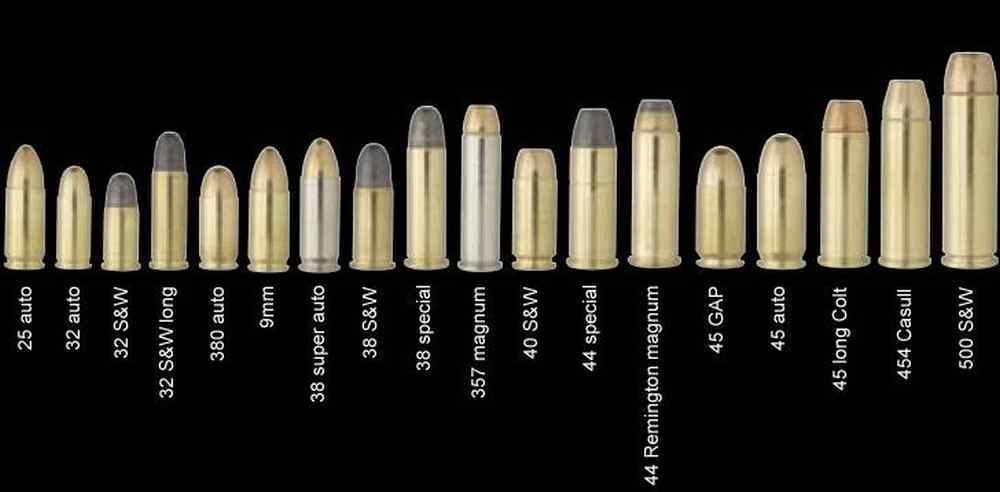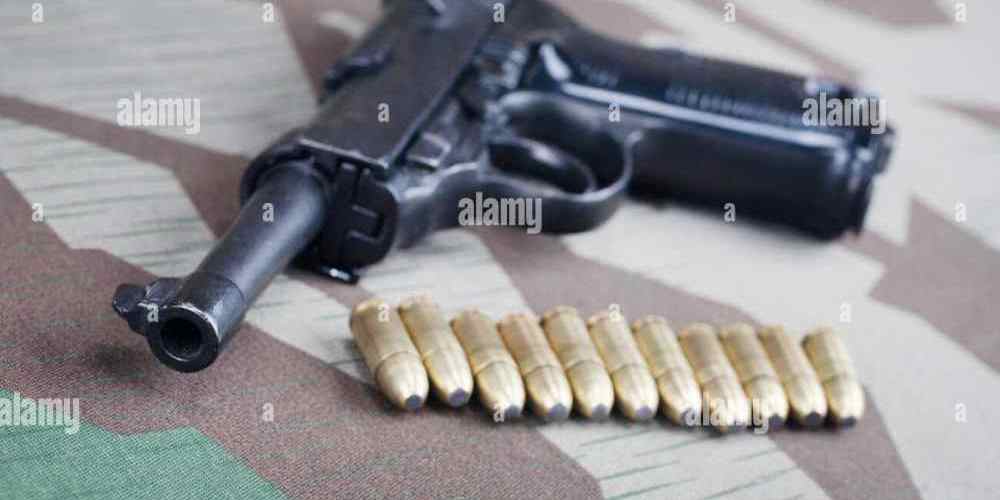Comparing Full Metal Jacket vs. Total Metal Jacket Rounds
When it comes to choosing the right ammunition for your firearm, there are a variety of options available on the market. Two popular choices among gun enthusiasts are full metal jacket (FMJ) and total metal jacket (TMJ) rounds. While both types of bullets have their own advantages and disadvantages, it is essential to understand the differences between them to make an informed decision. In this article, we will compare FMJ and TMJ rounds in terms of construction, performance, and cost to help you choose the best option for your shooting needs.
Construction
Full metal jacket rounds are designed with a lead core that is completely encased in a harder metal, usually copper. This design helps to prevent the bullet from deforming upon impact with a target, as the outer metal jacket holds the lead core intact. The exposed lead at the base of the bullet can sometimes cause fouling in the barrel of the firearm.
Total metal jacket rounds, on the other hand, have a similar construction to FMJ rounds but with one key difference – the base of the bullet is also fully enclosed in metal. This means that there is no exposed lead, reducing the risk of barrel fouling and providing a cleaner shooting experience.
- FMJ: Lead core encased in a harder metal with exposed lead base.
- TMJ: Lead core encased in a harder metal with fully enclosed base.
Performance
When it comes to performance, both FMJ and TMJ rounds offer similar ballistics and accuracy. However, TMJ rounds have the advantage of reducing barrel fouling due to their fully enclosed base. This can result in less maintenance required for your firearm and potentially longer intervals between cleanings.
FMJ rounds are known for their penetration capabilities, making them ideal for target shooting and training purposes. The hard metal jacket helps the bullet retain its shape upon impact with various targets, providing consistent performance shot after shot.
- FMJ: Excellent penetration capabilities for target shooting and training.
- TMJ: Reduced barrel fouling leading to easier maintenance.
Cost
When it comes to cost, FMJ rounds are typically more affordable compared to TMJ rounds. This is due to the additional manufacturing process required to fully encase the base of the bullet in metal. While FMJ rounds may be more budget-friendly, it is essential to consider the long-term benefits of using TMJ rounds, such as reduced maintenance costs and improved shooting experience.
In some cases, shooters may opt for FMJ rounds for practice sessions or recreational shooting where precision is not critical. On the other hand, TMJ rounds may be preferred for competitions or self-defense situations where reliability and cleanliness are paramount.
- FMJ: More affordable option for practice sessions or recreational shooting.
- TMJ: Higher cost but offers long-term benefits such as reduced maintenance.
Summary
In conclusion, both full metal jacket (FMJ) and total metal jacket (TMJ) rounds have their own set of advantages and disadvantages. While FMJ rounds are known for their penetration capabilities and affordability, TMJ rounds offer reduced barrel fouling and improved cleanliness during shooting sessions. When choosing between FMJ and TMJ rounds, it is essential to consider factors such as construction, performance, and cost to make an informed decision based on your shooting needs and preferences.
Ultimately, whether you opt for FMJ or TMJ rounds will depend on your specific requirements as a shooter. By understanding the differences between these two types of ammunition, you can select the best option that suits your shooting style and preferences. Whichever type you choose, always prioritize safety and proper handling practices when using firearms.
